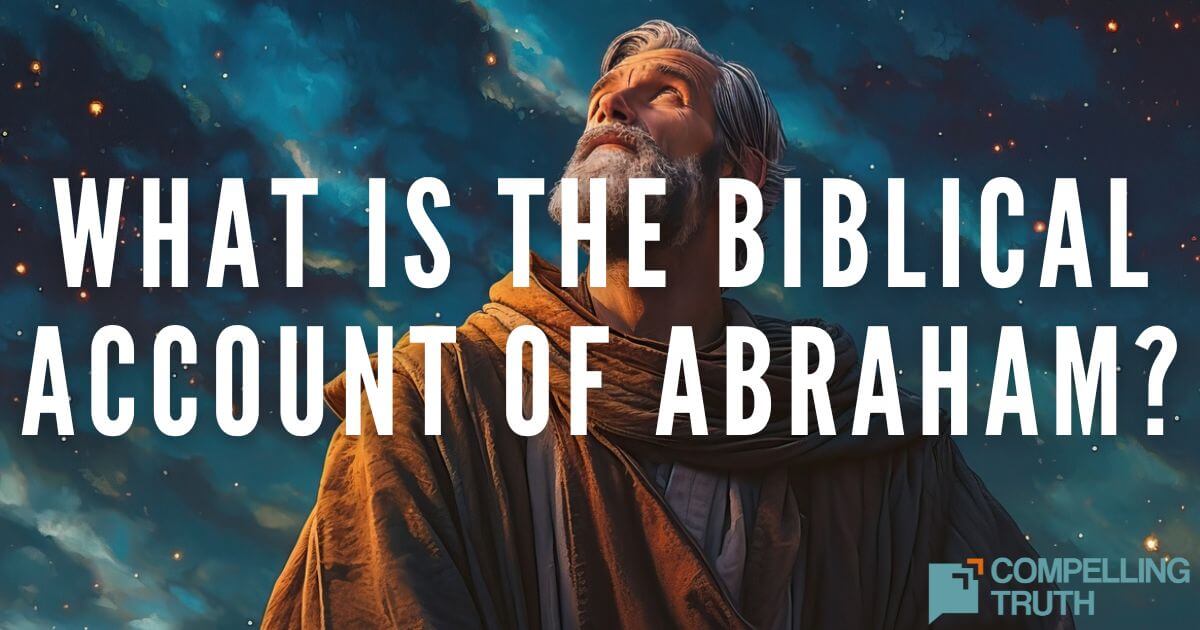what does the bible say?
Isaac was the son of promise for Abraham and Sarah. Although they were both old and had not always trusted in God to provide an heir, God’s promise prevailed, and Isaac was born. When God asked Abraham to offer his son as a sacrifice, both Abraham's and Isaac’s faith were revealed, and God spared Isaac. Isaac and his wife, Rebekah, had twins, Esau and Jacob, and it was through Jacob that the tribes of Israel came to be, thus fulfilling God’s covenant to Abraham and Isaac. Throughout the Bible, God reveals Himself as the God of Abraham, Isaac, and Jacob. Isaac's faith is specifically acknowledged in Hebrews 11:20, solidifying his place as a patriarch whose life exemplifies faith in God fulfilling His promises.




